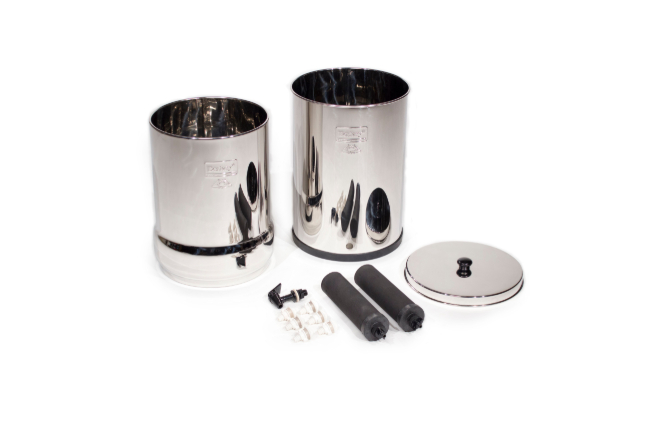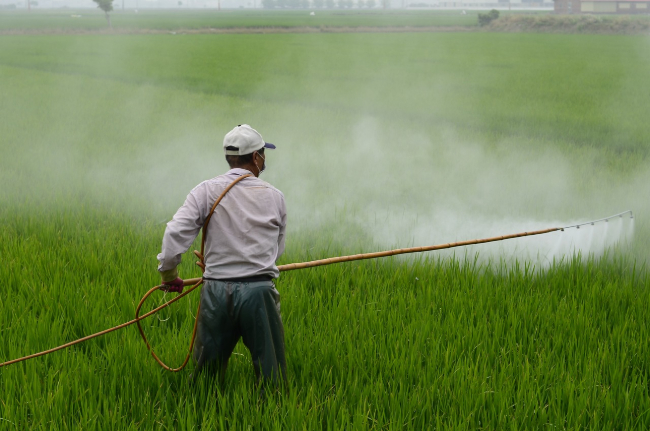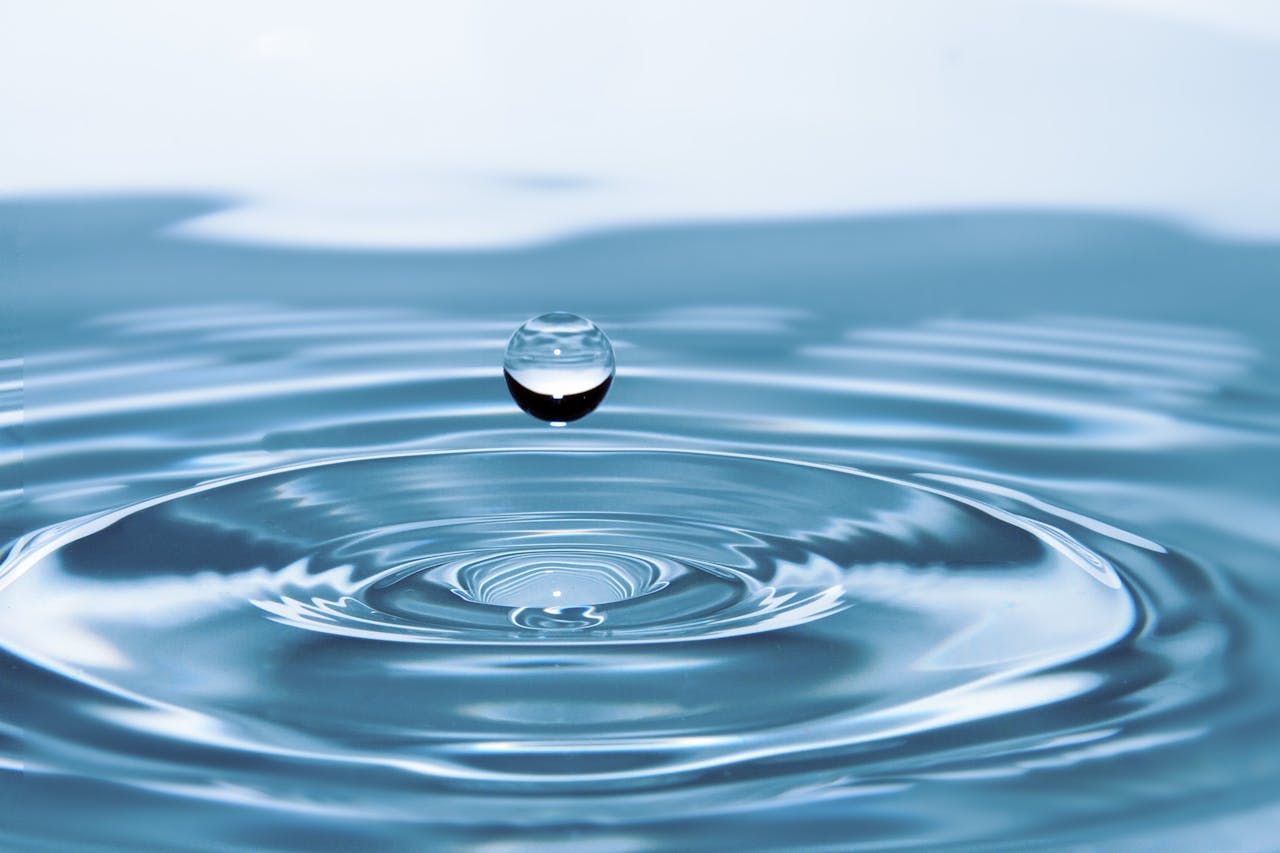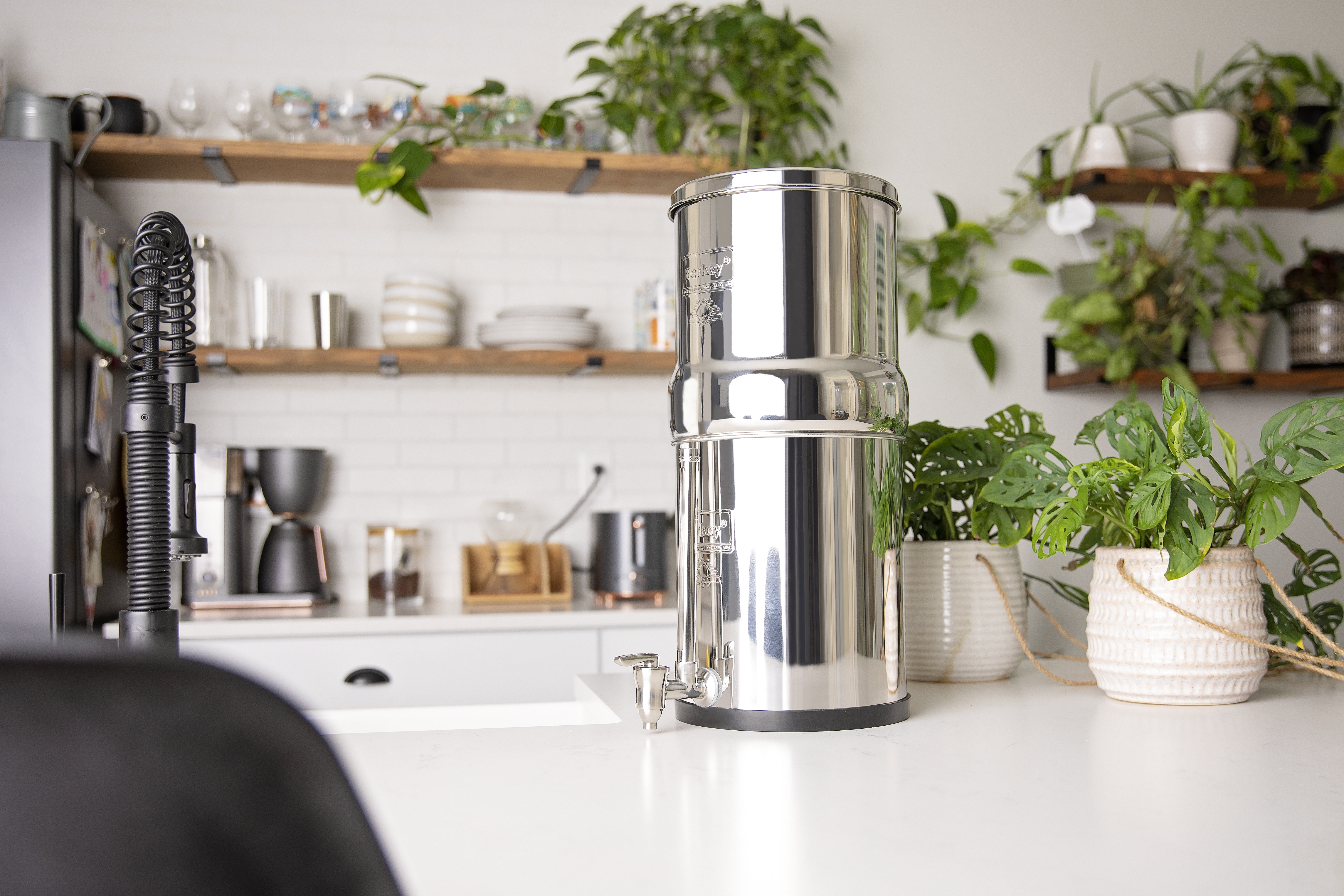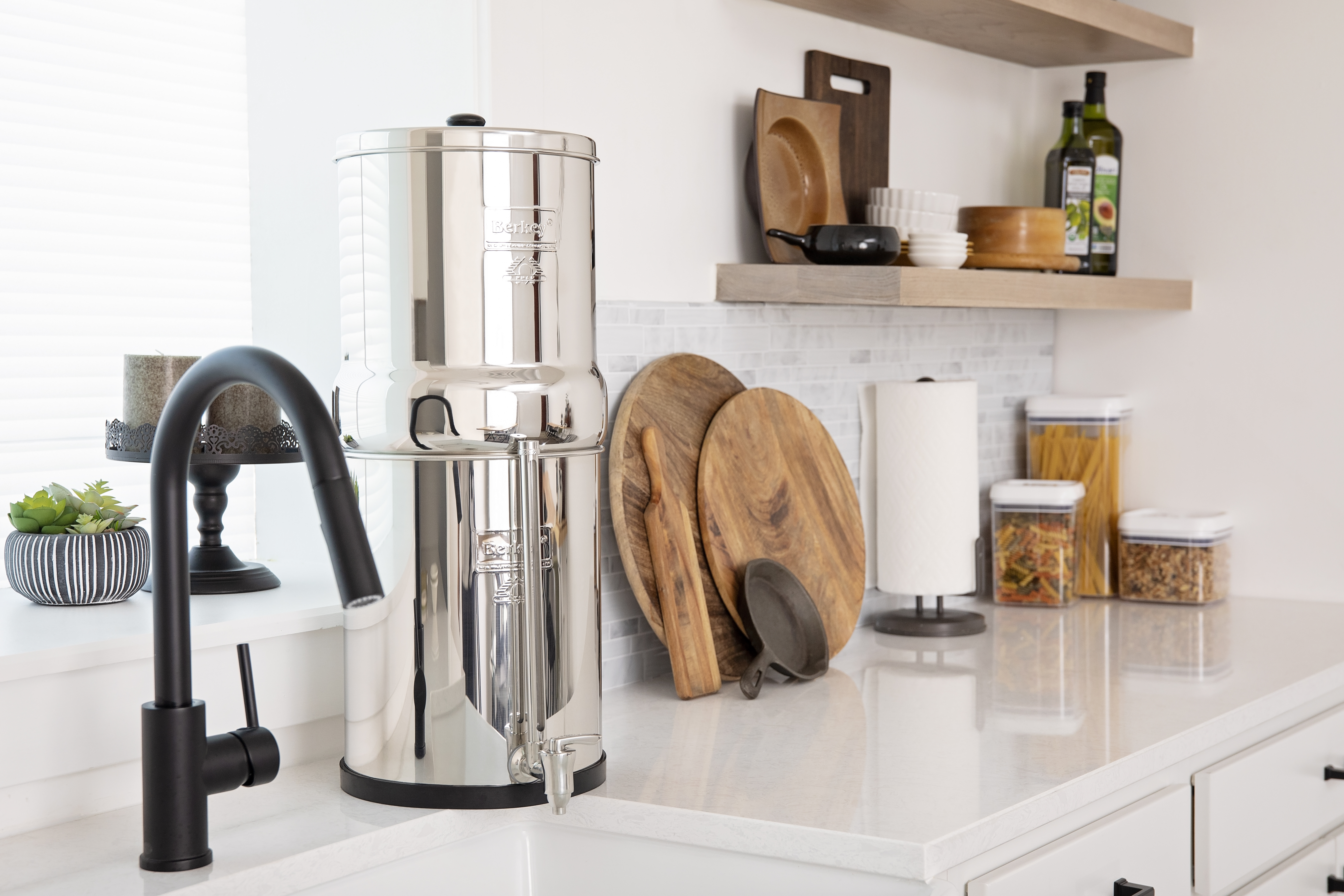Freshwater is our most precious resource, yet surface waters and groundwater are both vulnerable to contamination from various sources. The severity of the health impact on humans varies according to the pollutants involved, with some contaminants only having a relatively mild health impact, while others can pose a more severe health hazard.
While consumers who receive their drinking water from a municipal water supply will have their water tested for them, people who get their drinking water from a private well will need to take their own measures to ensure their drinking water is safe with a berkey water filter or other home water filter, as it is their responsibility alone.
Consequently, private well owners should be aware of common water contamination issues and their symptoms to enable them to quickly detect and respond to any sign of well pollution before they pose any risk to human health. But, how can you tell if your drinking water is contaminated — what common symptoms should alert you that your water may be contaminated?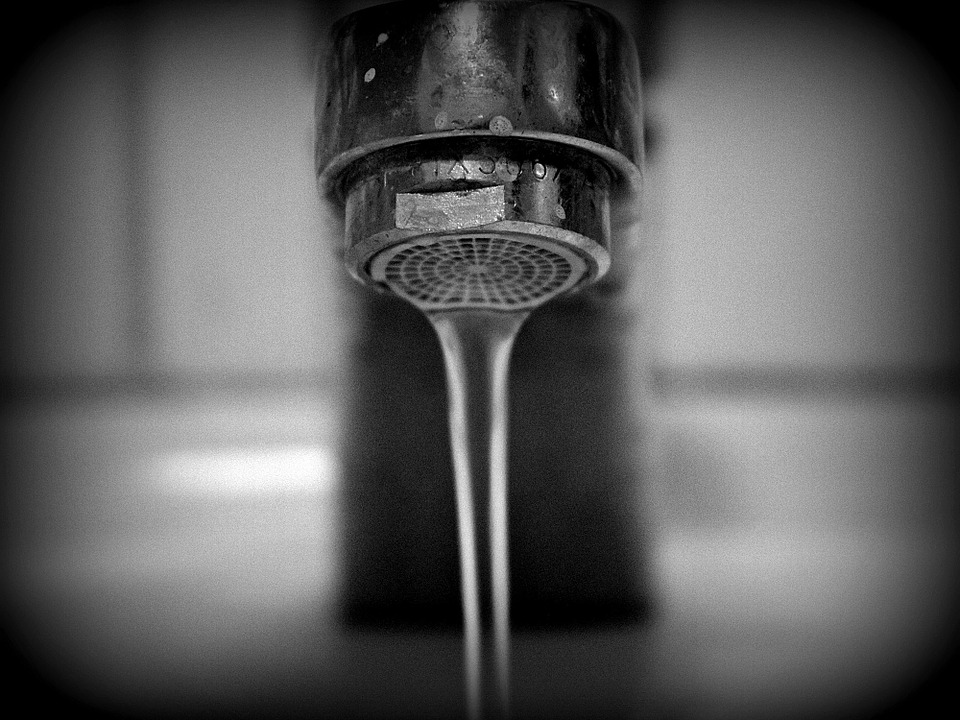
There are typically three clues that indicate your drinking water may be contaminated — if any one of these symptoms are present, there is a chance that your water may be suspect.
Why Is My Water Cloudy or Discolored?
When water is cloudy, murky or discolored, there could potentially be foreign particles such as silt or rust present. While many foreign particles are usually harmless themselves, their presence may indicate a failure within the water treatment or water supply system that could mean there are other more harmful contaminants, such as disease causing bacteria, present. Similarly, water that comes out the tap cloudy and then clears a few minutes after being poured may indicate a fault in the water filtration system. If water stains toilet bowls, baths, sinks or laundry, your water may be contaminated — green tinged stains are a good indicator that water is highly acidic, while brown or rust stains are a good indicator that your drinking water has high concentrations of dissolved iron present.
Why Does My Water Taste Strange?
If your drinking water tastes brackish or salty it's likely that sodium levels will be high, while water that has a distinctive chemical taste is most likely polluted with chemical contaminants. Extremely alkaline or acidic water may also give off a strange taste. Highly alkaline water typically may taste soapy, while highly acidic water and water with high levels of dissolved iron tend to leave a metallic aftertaste in the mouth.
Why Does My Water Taste Foul?
If your water smells bad, it is a good indicator that something is amiss. One common symptom of water contamination is water that smells of rotten eggs. This foul odor is either caused by bacteria present in the water or by dissolved hydrogen sulfide. If the foul odor is only given off by hot water, it may be coming from your hot-water cylinder. Water that has a strong smell of chlorine has likely been treated with large amounts of chlorine at the water treatment plant. Water that smells dank and musty indicates there is most likely rotting vegetation held in suspension. If you drinking water is foamy and smells like washing detergent it may have been polluted by seepage from a cracked septic tank. Water that smells like fuel or oil has most likely been contaminated with petroleum products that have leaked out of a damaged fuel tank.
The above symptoms are physical indications that your drinking water may be contaminated, however, but be aware that many other contaminants that pose a health risk to humans are not so easily detected unless you have the water tested. A good quality drinking water filter will be able to remove many of the contaminants that cause the symptoms above, plus many other drinking water contaminants that are not readily detectable by sight, taste or smell.

